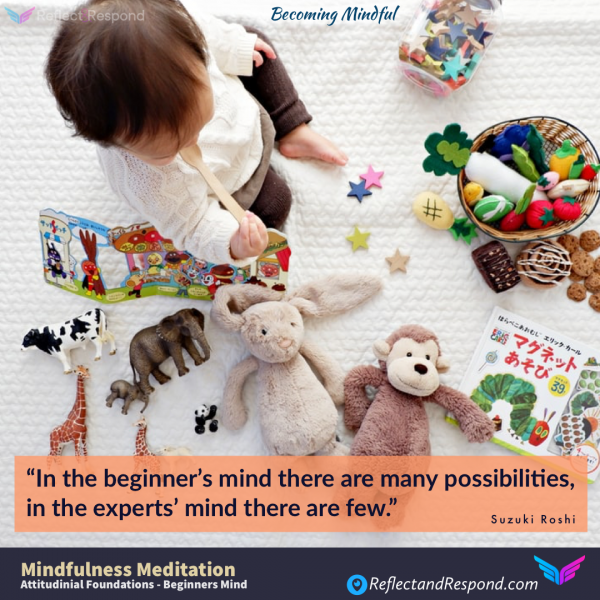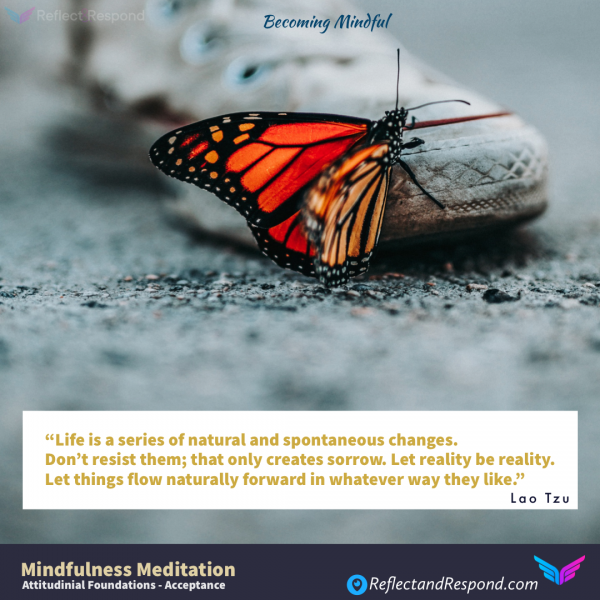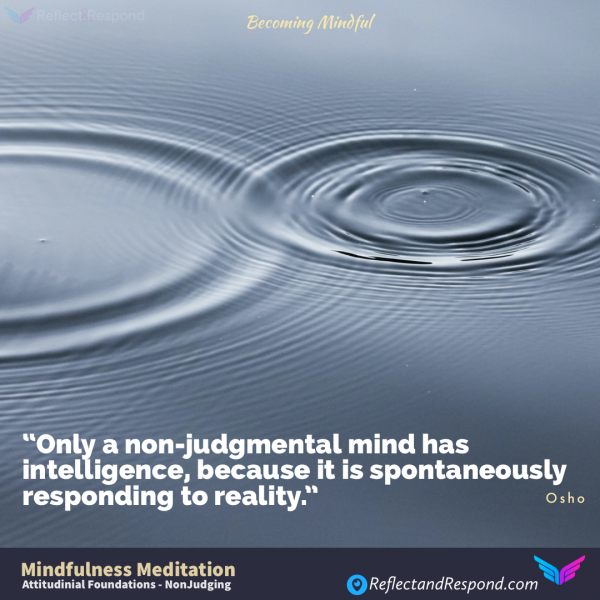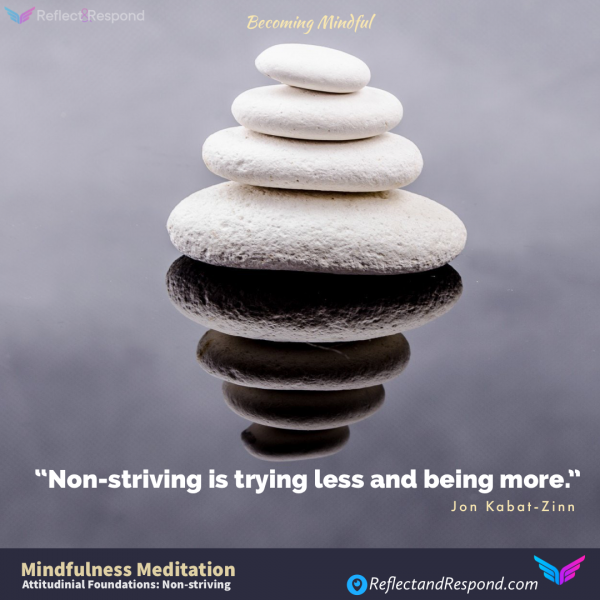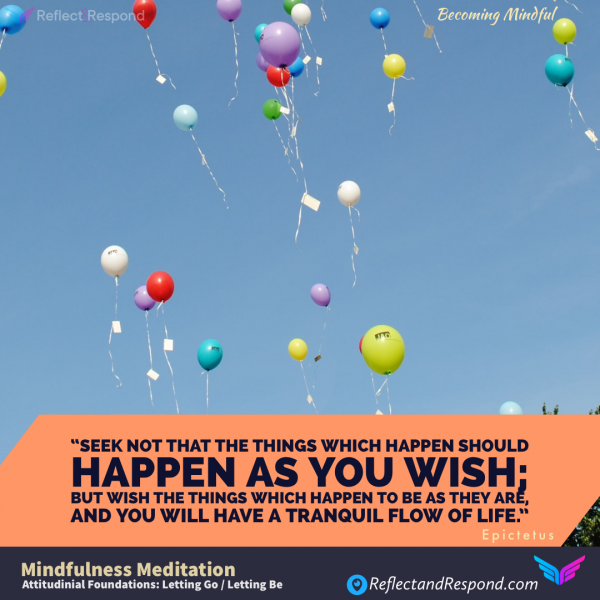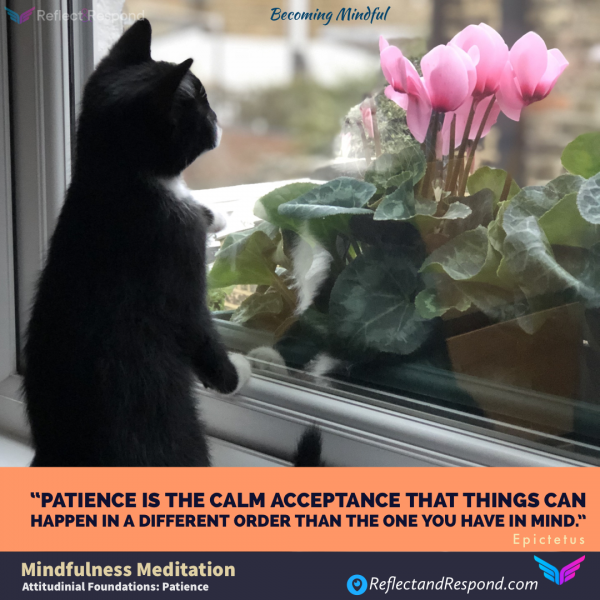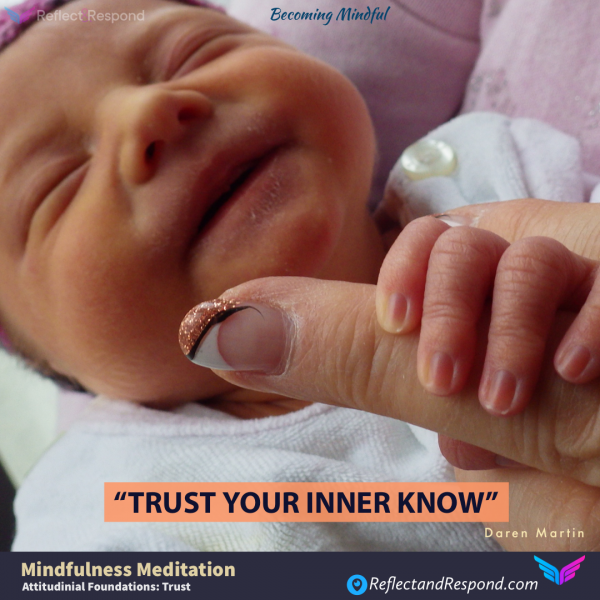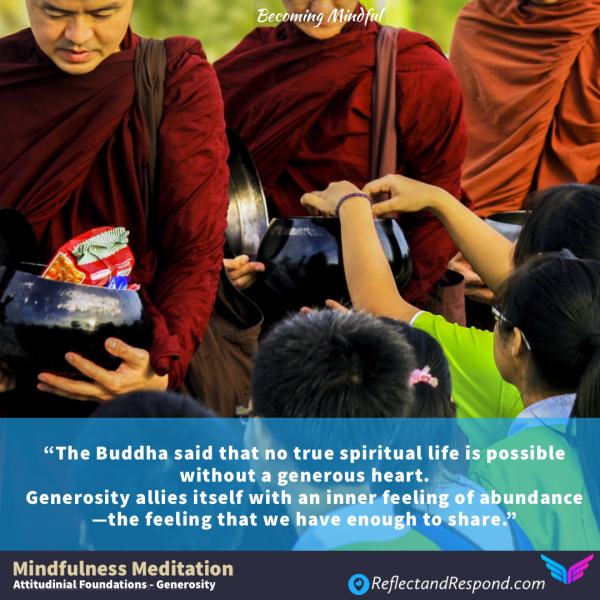Mindfulness is the ability to be fully present in the moment. Mindfulness has many benefits for us at work and in personal life, such as increased focus and happiness.
The practice can help us reduce stress and anxiety.
What it is: Mindfulness can be defined as “Non-judgmental, moment to moment awareness”.
What it isn’t: Emptying the mind, Achieving Relaxation or a Religion.
What’s important is NOT to focus on a particular outcome such as being CALM, or having better focus. Not to focus on how you will feel by doing the practice, rather how you are feeling now.
Being calm may sometimes be a result and sometimes It may not.
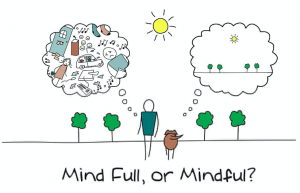
There are three types of Mindfulness meditation:
- Focused attention: the practice of returning concentration to again and again to one object, such as breath. The focused concentration helps to calm the mind.
- Monitoring: the practice of paying attention to what comes to mind from moment to the moment.
- Loving kindness and compassion meditation: the practice of cultivating warmth & good will toward your own self and with others.
Further, there are many ways to practice Mindfulness:
- Breathing: Like most meditation techniques breathing is used as a way for us to relax and be mindful.
- Reflection: Once we are relaxed by utilizing breathing, we can move to reflecting by focusing on a particular topic.
- Scanning: Going through each part of our body from head to toe. It doesn’t only help bring awareness but also helps to acknowledge and let go of any tension we may be holding in any part of our body.
Simply put, mindfulness is described as a human’s ability to be completely present and fully aware of where you are and what you’re doing. It involves being able to feel everything and not being overwhelmed by what’s going on around you.
Mindfulness is an ability that’s inherent to every human being; however, once practiced regularly, you become better at it, and it becomes more accessible to you.
READ MORE ON What are health benefits of mindfulness-meditation
The Seven Attitudinal Foundations of Mindfulness
Seven Attitudinal Foundations are different ways of understanding what Mindfulness is about:
1. BEGINNERS MIND: We have never been in this moment before. If we can just be present, we can appreciate wonders that are happening around us all the time. A breeze flowing, a gaze, meeting someone, a hug, looking or perhaps stopping and smelling a flower.
By practicing Mindfulness we can cultivate this quality of being with possibilities that each moment brings.
READ MORE on Beginners Mind
2. ACCEPTANCE: First step towards being in the moment is Acknowledging and accepting things just the way they are. With acceptance comes freedom. It opens us to a window to wisdom.
READ MORE on Acceptance
3. NON-JUDGEMENT: Embodying a willingness to witness the present without any judgement. This leads to clarity and see things as they are.
READ MORE on Non Judgement
4. NON-STRIVING: To be fully present, we can be open and witness without an agenda. Accepting that what ever is here is good enough can be deeply healing.
READ MORE on Non Striving
5. LETTING GO AND LETTING BE: Not clinging, holding, forcing or pushing away. Rather letting go and letting things be. Practicing and observing Breathing we see that with breath we let go so that next breath can come in. We create room for next breath by not holding on to the last breath.
READ MORE on Letting Go and Letting Be
6. PATIENCE: is to work with current moment just as it is right now & understanding that things emerge in their own time. Being impatient or trying to force only brings stress.
READ MORE on Patience
7. TRUST: We can begin by trusting body, minds, hearts and then take it to trusting others. Just like we can trust our body and organs that are working we can learn to trust ourselves. If we can see that like breath can take care of it self so why does mind have to be different.
READ MORE on Trust
Additional Two
8. GRATITUDE: we take so much for granted like that we are Alive, our bodies are working, we are breathing, organs are working. Things that we have, people that we are surrounded by. Gratitude helps us look at what we have vs. what we are lacking. leads us to Contentment.
READ MORE on Gratitude
9. GENEROSITY: practicing and giving others what would make them happy shows we care. Not giving because we want to give or for a reason enhances our inter-connectiveness.
READ MORE on Generosity
Science behind Meditation:
We have about 50,000 thoughts a day and 98% are same as yesterday with 80% of them negative. Stress, Worry & Irritability are direct results of those thoughts which are either regrets about past that we cannot change OR worry about the future which has not even happened. So this causes us have experience stress & worry in present moment and causing us to behave in very unhealthy way.

